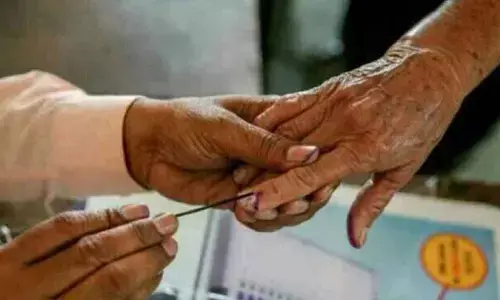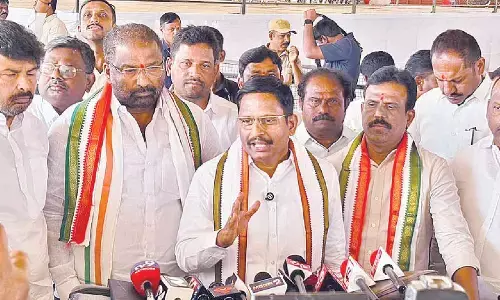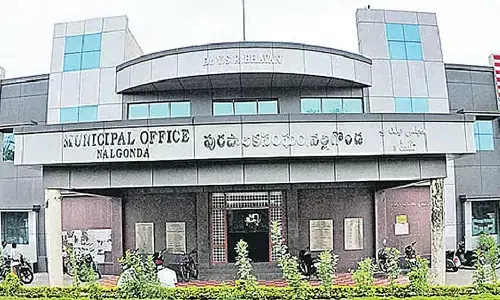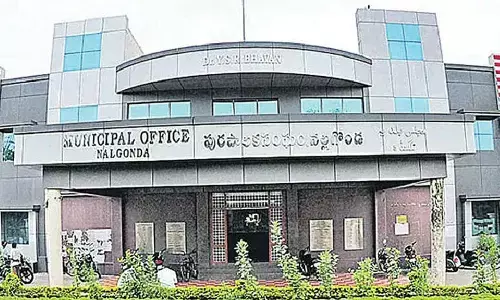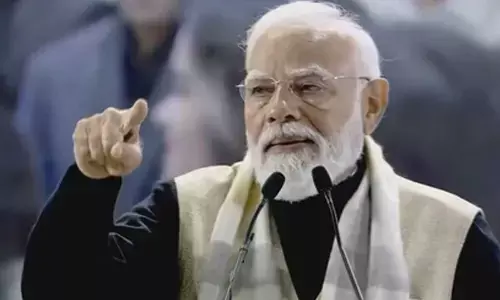Bharat's security prowess unsettles West-centric global security dynamics
Share :
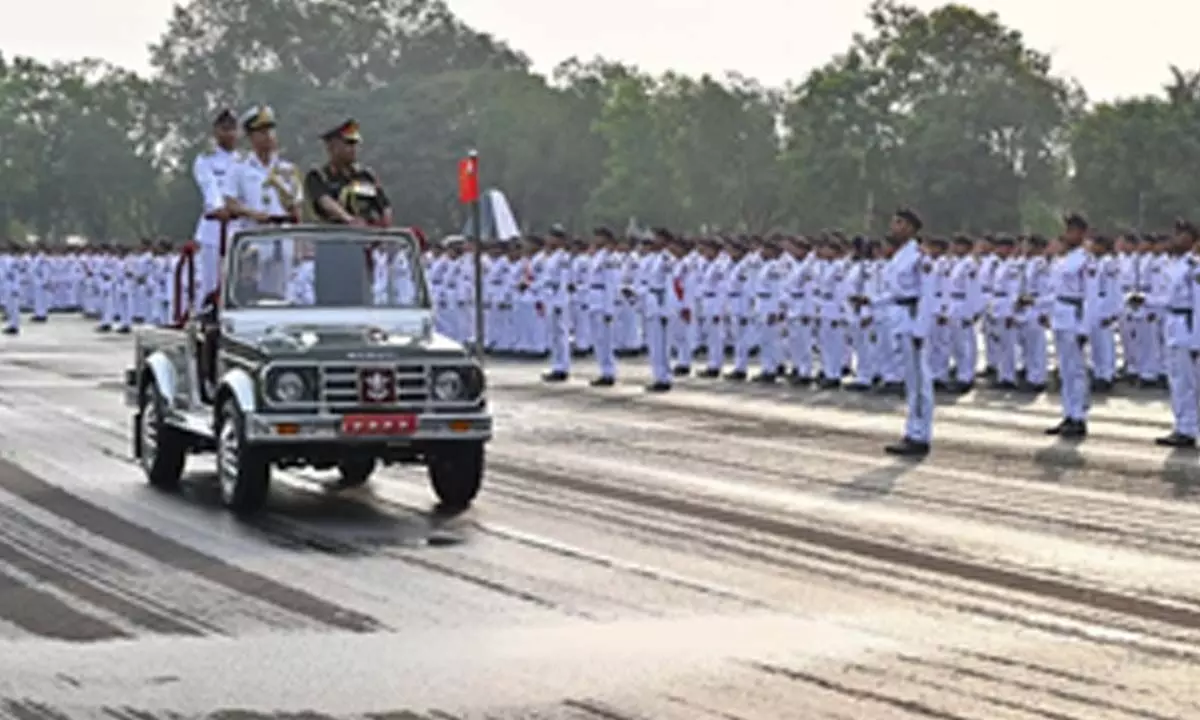
Over the past year, India has found itself at the epicentre of Western allegations, coupled with old friend camaraderie with Pakistani
New Delhi: Over the past year, India has found itself at the epicentre of Western allegations, coupled with old friend camaraderie with Pakistani generals accusing Indian officials of undermining the sovereignties of nations by purportedly engaging in the termination of terrorists in Canada, the US, and Pakistan.
This intimidating interest in alleged Indian clandestine security operations, raises pivotal questions about the underlying motives and the broader global dynamics at play. Concurrently, it signals India's ascendance in the realm of global security as a revitalised and influential force, unsettling the traditional West-centric world order.
In an era where the global threat landscape is increasingly complex, global and interconnected, India's extraordinary criminal justice measures to neutralise terrorists over the past decade - such as the September 29, 2016 surgical strike on terror launchpads across the Line of Control in Pakistan-occupied Kashmir, and the 2019 airstrike on the Jaish-e-Mohammed training camp in Balakot, Pakistan - are particularly significant.
Under the leadership of Prime Minister Narendra Modi, these operations had shed the "outdated and reluctant" image of Indian security agencies of the past, showcasing new India's capability and resolve. The operations were conducted with a notable degree of professionalism, responsibility and transparency, as the Indian PM informed his Pakistani counterpart before disclosing them to the world. These actions not only announced Bharat's arrival as a formidable security force, but also challenged the traditional West-centric world order.
Recent Western allegations, devoid of substantive evidence as seen in opinion-heavy reporting of 'The Guardian' claiming India's role in tens of terrorist terminations in Pakistan, a covert unseen Five Eyes network intelligence report regarding the killing of Canadian terrorist Hardeep Singh Nijjar and subsequent local vote-bank influence as evidenced in Canada, along with the case involving the alleged attempted assassination of Gurpatwant Singh Pannun, the US-based face of the proscribed terrorist entity Sikhs For Justice (SFJ), appear to be part of a broader strategy aimed at exerting collective pressure and undermining India's assertive stance against terrorism.
India which has long been a victim of cross-border terrorism orchestrated by Pakistan and its extensive global terror network, which includes Canadian and American terrorists.
Canadian terrorists like Talwinder Singh Parmar of Babbar Khalsa masterminded the 1985 bombing of Air India Flight 182, claiming 329 innocent lives.
Similarly, American terrorists like David Coleman Headley and his Canadian accomplice Tahawwur Rana played pivotal roles in the dastardly 2008 Mumbai attacks by Lashkar-e-Taiba, resulting in 175 deaths and over 300 injuries.
More recent attacks, such as the 2016 Uri assault by Pakistan-backed Jaish-e-Mohammed, which killed 19 Indian soldiers and injured 30, and the 2019 Pulwama suicide bombing by Jaish-e-Mohammed and Lashkar-e-Taiba, which took the lives of over 40 Indian police personnel, underscore the persistent threat India faces.
In this context, India's measures acknowledged criminal justice measures like those listed above to protect itself are not only moral and lawful but also a national security imperative. However, the coordinated Western and Pakistani allegations involving unravelings like Nijjar's assassination in Canada, an attempted assassination of Pannun, and tens of terrorist killings in Pakistan appear more fixed on challenging the newfound capabilities of India's security apparatus under Prime Minister Modi. This stance appears discordant with traditional security superpowers that often perceive national security as their exclusive domain.
Most importantly, India's strategic partnerships with various nations, including those in the West, are built on mutual respect and shared interests. These alliances are grounded in a mutual commitment to promoting global stability, economic development, and security. However, for these relationships to thrive and be truly effective, they must be free from unwarranted accusations and intimidation that can undermine trust and cooperation.
Unsubstantiated allegations and politicised narratives not only strain diplomatic ties but also detract from the collaborative efforts needed to combat terrorism effectively.
By fostering an environment of mutual trust and respect, Western nations and India can work together to dismantle terrorist networks, prevent radicalisation and enhance global security.
In conclusion, it is imperative that Western nations avoid actions that could be perceived as coercive or dismissive of India's security concerns. Instead, they should prioritize engagement that is based on equality, respect, and a shared commitment to eradicating terrorism. By doing so, they not only reinforce their alliances with India but also bolster the collective ability to address and overcome the multifaceted challenges posed by terrorism in the 21st century. It is time for the international community to support India's efforts to create a secure and stable world, acknowledging that a strong and secure Bharat is beneficial for global peace and prosperity.
(The author is the research director of Delhi based think-tank, Centre for Integrated and Holistic Studies)









